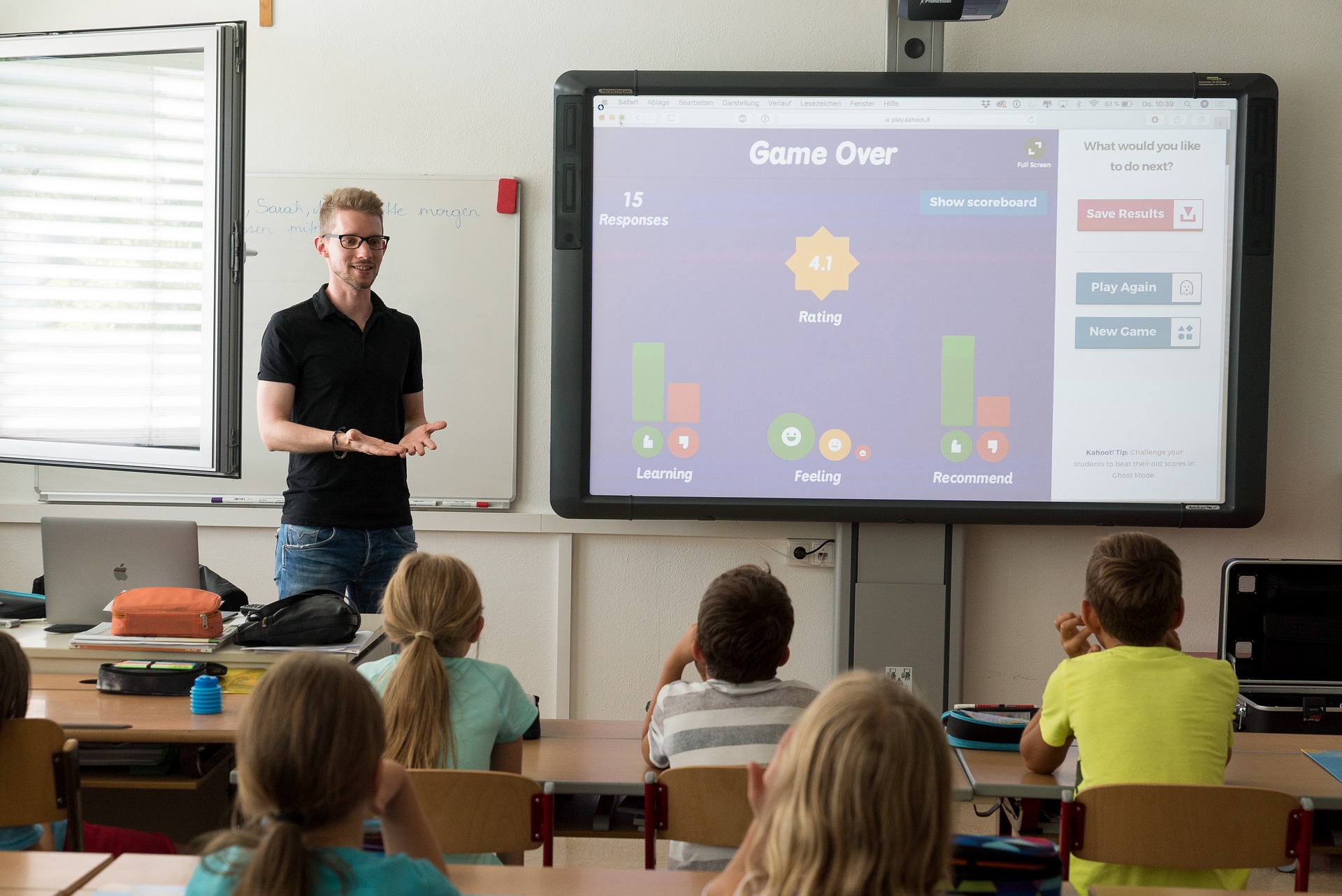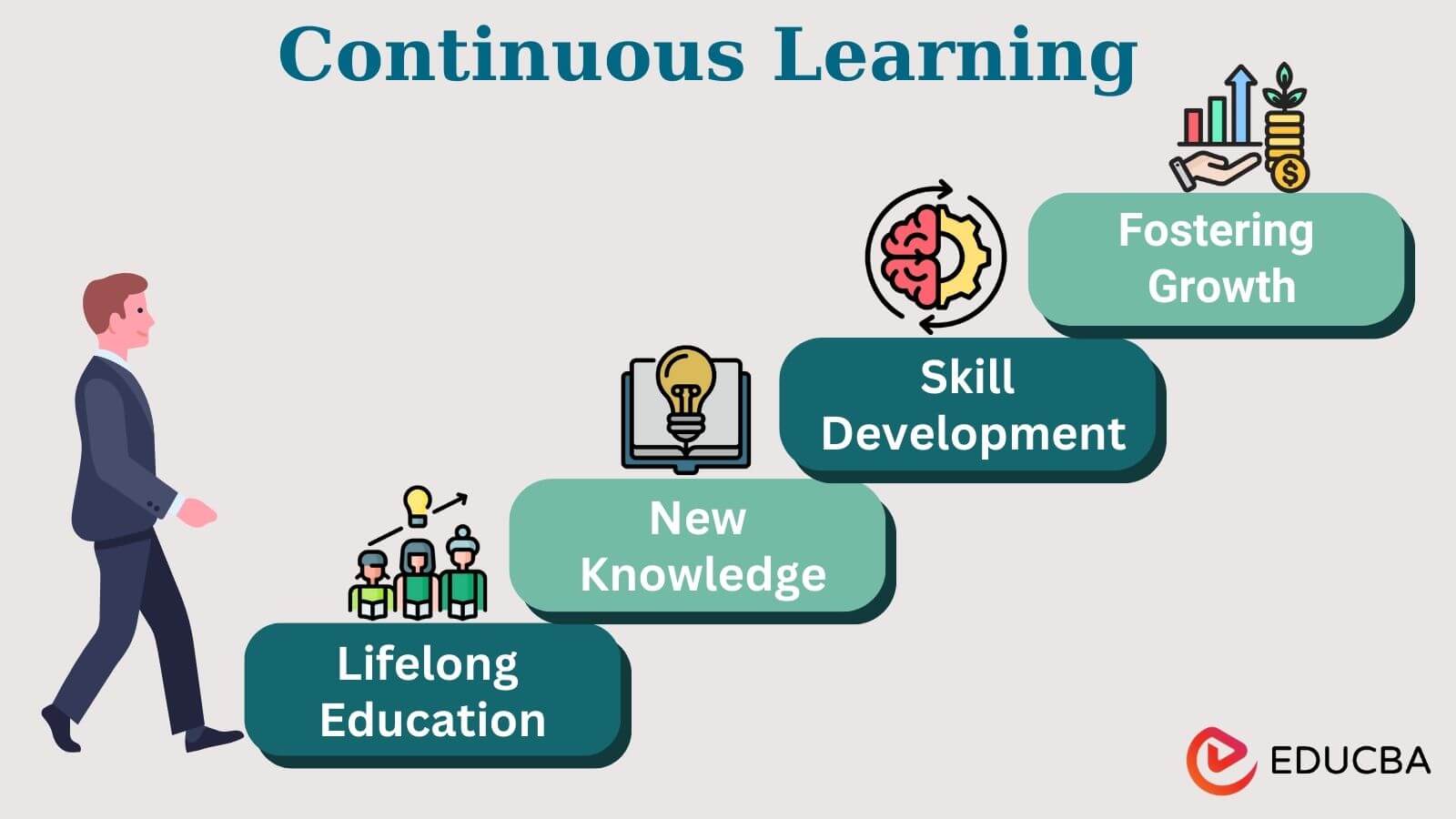
Introduction: Why having a learning routine is important
In a world where information is constantly at our fingertips, building a learning routine can feel like navigating through an overwhelming sea of knowledge. Yet, establishing a structured approach to learning is more crucial than ever. Whether you’re seeking to advance your career, pick up a new hobby, or simply satisfy your curiosity about the world, having a well-defined routine sets the stage for success.
Imagine waking up each day with purpose and direction in your quest for knowledge. A consistent learning routine not only enhances retention but also cultivates discipline and motivation. Let’s explore how you can create an effective learning strategy that empowers you on your journey to success.

Understanding your learning style
Understanding your learning style is crucial for building an effective routine. Everyone processes information differently, and recognizing these differences can elevate your success.
Some individuals thrive through visual aids like charts or videos. Others prefer auditory methods such as lectures or discussions. If you find yourself taking detailed notes during a presentation, you might lean towards a verbal learning style.
Kinesthetic learners often benefit from hands-on activities. Engaging in physical tasks helps solidify their understanding of concepts. Experiment with various approaches to discover what resonates most.
Take the time to reflect on past experiences where you felt most engaged and absorbed new information easily. Identifying patterns in how you learn best can guide your efforts moving forward, ensuring that your routine aligns with your natural preferences. Embracing this self-awareness sets the foundation for meaningful progress in any learning endeavor.
Setting realistic goals for your learning routine
Setting realistic goals is crucial for a successful learning routine. Start by identifying what you want to achieve. Is it mastering a new skill or deepening your knowledge in a specific area? Clarifying your objectives helps steer your focus.
Break larger goals into smaller, manageable chunks. Instead of aiming to read an entire book in a week, set a target of 10 pages daily. This approach makes the process feel less overwhelming and keeps motivation high.
It’s also important to consider time constraints. Be honest about how much time you can dedicate each day or week. This awareness will prevent frustration later on.
As you progress, celebrate small victories along the way. Acknowledging these achievements fuels further commitment and reinforces positive habits that contribute to overall success in your learning journey.
Creating a schedule and sticking to it
Creating a schedule is an essential step in building your learning routine. Start by identifying the times when you’re most alert and focused. This will help you maximize your productivity.
Use blocks of time to dedicate specific hours for study or practice. Whether it’s early mornings or late evenings, find what works best for you. Be realistic about how much time you can commit daily.
Once you’ve established these blocks, treat them as appointments that cannot be missed. Consistency is key; it builds momentum and helps reinforce habits over time.
Don’t forget to include breaks within your schedule. Short pauses can prevent burnout and keep your mind fresh, allowing information to sink in more effectively.
Review and adjust your schedule weekly if needed, ensuring it remains aligned with your progress and commitments without feeling overwhelming.

Incorporating different methods of learning
Diversity in learning methods can elevate your routine. Mixing things up keeps the brain engaged and motivated.
Consider visual aids like videos, infographics, or charts. They simplify complex concepts and make retention easier.
Don’t shy away from auditory resources either. Podcasts or audiobooks are excellent ways to absorb information while multitasking.
Hands-on approaches can be incredibly effective too. Engage with practical exercises or experiments that reinforce what you’ve learned.
Social learning is another powerful tool. Join study groups or online forums where discussions bring new insights and perspectives.
Try gamification techniques to add an element of fun. Use educational games or apps that challenge your knowledge while keeping the experience enjoyable.
The importance of rest and self-care in a learning routine
Rest and self-care are often overlooked in the pursuit of knowledge. However, they play a crucial role in an effective learning routine.
Without adequate rest, your brain struggles to retain new information. Sleep is essential for memory consolidation. It’s during these quiet hours that your mind processes what you’ve learned.
Self-care goes beyond just sleep. Taking breaks helps refresh your focus and creativity. A short walk or even a few minutes of mindfulness can revitalize your thoughts.
Additionally, nurturing yourself physically and emotionally fosters resilience. When you feel good, you’re more open to absorbing knowledge.
Incorporating downtime into your routine allows for better engagement when you return to study mode. Balance is key; too much pressure can stifle growth and motivation over time.
Recognize the value of giving yourself permission to pause. It’s not just about pushing through but thriving along the journey of learning.
Adjusting and adapting your routine as needed
Life is unpredictable. Your learning routine should reflect that reality.
Be open to changes. Sometimes, unexpected events can disrupt your schedule. Instead of feeling defeated, view these moments as opportunities to adjust.
Listen to yourself and pay attention to what works and what doesn’t. If a method isn’t resonating with you anymore, don’t hesitate to switch it up.
Flexibility is key in maintaining motivation. You might find that certain times of the day are better suited for focused study or relaxation than others.
Regularly evaluate your progress too. Celebrate small wins but also reassess goals when necessary. This ensures your learning journey remains aligned with your personal growth and aspirations.
Embrace the evolution of your routine as part of the process, allowing it to grow alongside you.
Conclusion: The benefits of a consistent learning routine for success
Establishing a consistent learning routine can significantly enhance your path to success. When you build a framework that supports continuous growth, you are setting yourself up for achievement in various aspects of life. It allows for structured learning and fosters discipline.
A well-thought-out routine encourages the development of skills over time. This steady progression is crucial as it not only builds knowledge but also confidence. Adapting methods that suit your personal style and incorporating varied approaches keeps the process engaging.
Moreover, rest and self-care play essential roles in this journey. They ensure that your mind remains sharp and ready to absorb new information effectively. Therefore, recognizing when to take breaks can actually boost productivity.
As you adjust your plan based on what works best for you, remember that flexibility is key. The ability to pivot will help maintain motivation and interest in your studies.
By committing to a routine focused on learning, you’re not just preparing for exams or projects—you’re working towards lifelong success. Embrace the journey; every step taken is progress made.




Leave a Reply